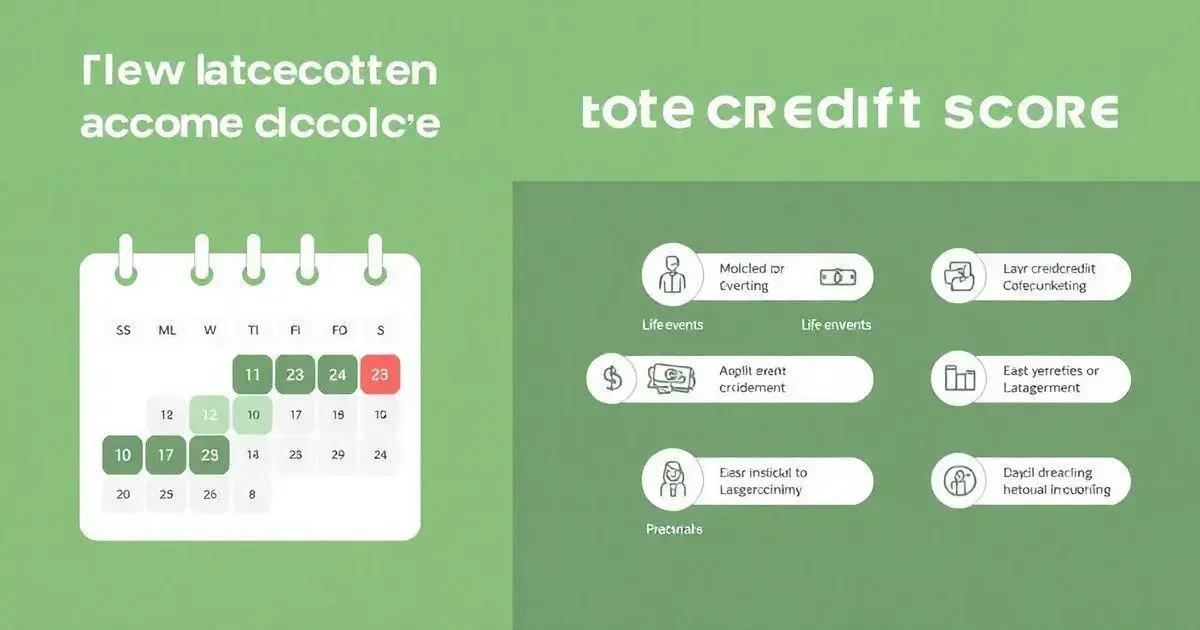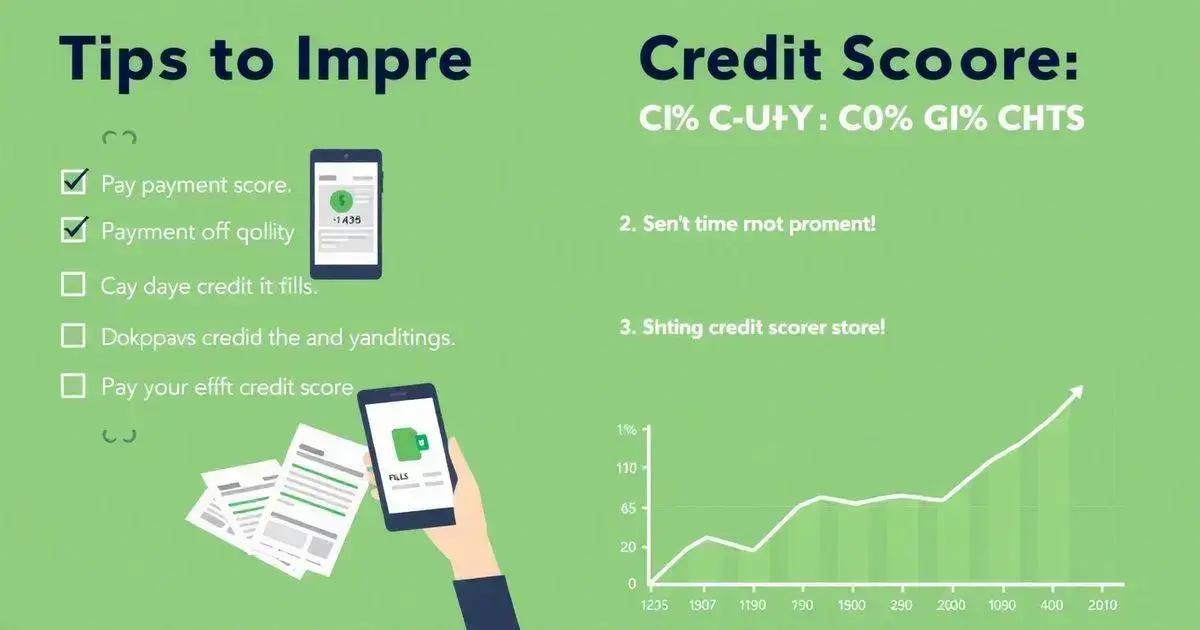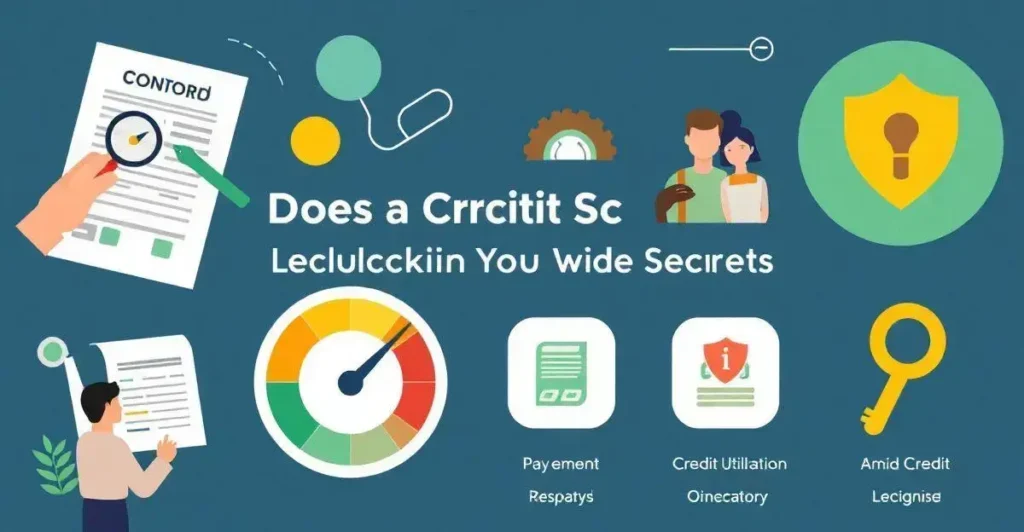In today’s financial landscape, understanding your credit score is crucial. Knowing how to check your credit score for free can empower you to manage your finances better.
Not only do you gain insight into your financial health, but being aware of your credit score can help you secure loans at better rates.
In this article, we’ll guide you on where and how to access your credit score without any charges and discuss its importance for your financial journey.
Understanding Credit Scores
Understanding your credit score is crucial for managing your finances effectively. A credit score is a number that represents your creditworthiness, which lenders use to evaluate your ability to repay debts. Scores typically range from 300 to 850, with a higher score indicating better credit health.
What Affects Your Credit Score?
Your credit score is influenced by several factors:
- Payment History: Timely payments on your debts significantly boost your score.
- Credit Utilization: This measures how much credit you’re using compared to your total available credit. Keep it below 30% for a healthy score.
- Length of Credit History: A longer credit history can positively impact your score. It’s beneficial to keep old accounts open.
- Types of Credit: A diverse mix of credit accounts (credit cards, installment loans) can help improve your score.
- Recent Inquiries: Each time you apply for new credit, it can slightly lower your score. Excessive inquiries can be a red flag.
Why Is It Important?
A good credit score opens doors to favorable loan terms, lower interest rates, and better credit cards. It can also affect your ability to rent an apartment or get insurance. Knowing your score will help you make informed financial decisions.
Monitoring your credit regularly is key to understanding where you stand and helps you spot any errors or fraudulent activity. Now that you grasp the basics of credit scores, you’ll be better prepared to check and manage your score for free.
Where to Find Your Free Credit Score

Finding your free credit score is easier than ever! There are several reliable platforms where you can access your score without any fees. Here are some of the best options:
1. AnnualCreditReport.com
This site, authorized by federal law, allows you to get a free report from each of the three major credit bureaus: Experian, TransUnion, and Equifax. While your credit score may not always be included, you’ll receive essential details about your credit history.
2. Credit Karma
Credit Karma offers free access to your credit scores from TransUnion and Equifax. You can also view your credit report and monitor any changes over time. It’s a user-friendly platform that provides insights into how to improve your credit.
3. Credit Sesame
Similar to Credit Karma, Credit Sesame provides a free credit score along with a credit report. You can also find personalized recommendations for credit cards and loans based on your score.
4. Discover’s Credit Scorecard
Discover offers a free credit scorecard that gives you access to your FICO score, updated monthly. You don’t need to be a Discover customer to use this service, making it accessible to everyone.
5. Other Financial Institutions
Many banks and credit unions now offer their customers free access to their credit scores as a part of online banking. Check with your financial institution to see if they provide this service.
6. Third-Party Apps
There are also several third-party mobile apps, such as WalletHub and myFICO, that can provide you with your credit score and reporting. These can be a convenient way to access your credit information on the go.
Remember to use only reputable sources to check your credit score for free. Regular monitoring is a smart way to maintain good credit health!
Steps to Check Your Credit Score for Free
Checking your credit score for free is a simple process. Follow these easy steps to get started:
Choose a Reputable Website
Select a trusted platform such as AnnualCreditReport.com, Credit Karma, or Credit Sesame. Make sure the site is legitimate and offers free access to your credit score.
Create an Account
Most services will require you to create an account. Fill in your details like your name, email address, and password. Be sure to use a strong password to protect your information.
Verify Your Identity
To ensure your security, you will need to verify your identity. This may involve answering questions about your financial history, such as previous loans or credit accounts.
Access Your Credit Score
Once your identity is verified, navigate to the section where you can view your credit score. Many sites will provide a detailed report, as well as explanations for your score components.
Review Your Credit Report
Take time to review your credit report for any inaccuracies. Look for issues such as missed payments, excessive inquiries, or accounts that don’t belong to you. It’s essential to ensure all information is correct.
Monitor Your Score Regularly
After obtaining your score, set reminders to check your credit regularly. Many services offer alerts for changes in your score or reports, which can help you stay informed.
By following these steps, you can easily check your credit score for free and stay on top of your financial health!
How Often Should You Check Your Credit Score?

Knowing how often to check your credit score is crucial for maintaining your financial health. Here are some tips on frequency:
At Least Once a Year
It is recommended to check your credit score at least once a year. This will help you understand your financial standing and spot any possible errors on your report.
Before Major Financial Decisions
Check your credit score before applying for any loans, mortgages, or credit cards. Knowing your score will give you an idea of the interest rates and terms you can expect.
After Major Life Changes
Life events such as marriage, divorce, or significant expenses may affect your financial situation. After any big change, it’s wise to check your score to see if adjustments are needed.
If You Suspect Fraud
If you notice any suspicious activity in your finances or receive alerts about changes to your credit report, check your score immediately. Staying informed will help you catch fraud early.
Monitor Frequent Changes
Some financial experts recommend checking your credit score quarterly if you are actively working to improve it. Regular monitoring will help you track your progress and make necessary adjustments.
Utilize Free Services
Since most services allow you to check your score without cost, take advantage of these tools. Set reminders to check your score based on the recommendations mentioned above.
By following these guidelines, you can maintain a healthy understanding of your credit score and take control of your financial future!
Impact of Credit Score on Loans
The impact of your credit score on loans can be significant. Lenders use your credit score to assess your creditworthiness, which affects the terms of any loan you may apply for. Here’s how your credit score can influence your loans:
Interest Rates
Generally, the higher your credit score, the lower your interest rates will be. Lenders view high scores as less risky, resulting in attractive rates. Conversely, a low score can lead to high interest rates, meaning you will pay much more over time.
Loan Approval
A poor credit score may lead to loan denial. Many lenders have minimum score requirements, which you must meet to qualify for a loan. This is especially true for larger loans, like mortgages.
Loan Amount
Your credit score can also affect the amount of money a lender is willing to loan you. A higher score may allow you to secure a larger loan, while a lower score may restrict the amount you can borrow, impacting your purchasing power.
Loan Types Available
Different lenders offer various types of loans that may require different credit scores. A higher score can qualify you for premium loan types, like low-interest mortgages, whereas lower scores might limit you to higher-risk loans.
Terms and Conditions
Your credit score may also impact the terms of the loan, such as repayment flexibility or the length of the loan term. Better scores usually lead to favorable terms, which can help manage your repayment better.
Insurance Premiums
In some cases, lenders will check your credit history to determine loan premiums. A lower score might lead to higher premiums for certain loan products or additional fees.
Your credit score plays a crucial role in the lending process. Understanding its impact can help you make informed financial decisions and improve your score over time!
Tips for Improving Your Credit Score

Improving your credit score can make a big difference in your financial health. Here are some practical tips to help boost your score:
Pay Bills on Time
Your payment history is one of the most significant factors affecting your score. Set up reminders or automate payments to ensure you never miss a due date.
Reduce Credit Utilization
Try to keep your credit utilization below 30%. This means only using a small portion of your available credit on credit cards. Paying down existing balances can help.
Check Your Credit Reports
Regularly review your credit reports for errors. You can dispute any incorrect information, which may improve your score once corrected.
Keep Old Accounts Open
Length of credit history is vital for your score. Keep older accounts open, even if you don’t use them frequently, as they help improve your average account age.
Limit New Credit Applications
Avoid applying for too many new credit accounts in a short period. Each application creates a hard inquiry on your report, which can temporarily affect your score.
Diversify Your Credit Mix
A good credit mix can positively impact your score. Try to have a mix of credit types, such as a credit card and an installment loan, like an auto loan.
Set Up Alerts or Monitoring
Many financial services offer credit monitoring, which alerts you to any changes in your credit report. This can help you act quickly if issues arise.
By implementing these tips, you can gradually improve your credit score and enhance your overall financial opportunities!
Understanding and Managing Your Credit Score
Knowing how to check your credit score for free empowers you to make informed financial decisions and maintain your credit health.
Your credit score significantly impacts your ability to secure loans, determine interest rates, and manage your financial stability. By following the outlined tips, you can effectively improve your credit score over time.
Regularly monitoring your credit, understanding its components, and taking proactive steps can lead to better financial opportunities, whether you’re applying for a mortgage, a car loan, or a credit card.
Ultimately, taking control of your credit score is a vital step toward achieving your long-term financial goals.

